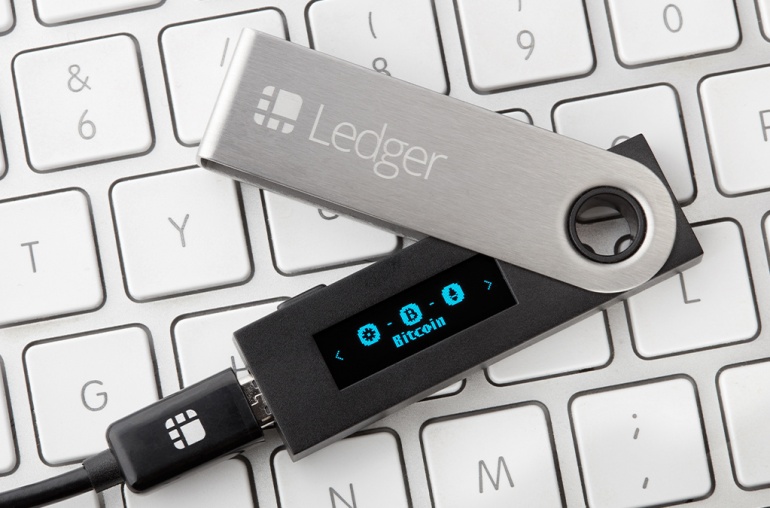In an attempt to safeguard its consumers from possible frauds, National Australia Bank (NAB) has announced its intention to restrict some payments to high-risk cryptocurrency exchanges.
NAB said in a statement posted on Monday that it interfered in over A$270 million ($183.8 million) in payments between March and July, citing fraud fears. While the bank would not provide the specific number of warnings prompted by crypto-related frauds, it underlined the need of taking precautions.
Chris Sheehan, NAB’s Executive for Group Investigations and Fraud, highlighted many steps the bank has recently adopted to prevent frauds. These efforts include the implementation of payment prompts, the resolution of spoofing attempts, and the discontinuation of the usage of links in unexpected text messages.
Sheehan stressed that the bank is taking further steps to combat fraudsters by banning payments to high-risk cryptocurrency exchanges, however precise specifics about the exchanges involved were not revealed.
The NAB move follows a rising tendency among Australian institutions to be cautious about possible cryptocurrency frauds. In view of the rising incidence of crypto-related frauds, the Commonwealth Bank of Australia, for example, has established steps to prevent consumers from transmitting money to cryptocurrency exchanges.
NAB’s fears are not unjustified, since Australians allegedly lost more than A$221 million ($150.5 million) owing to cryptocurrency-related frauds last year. Indeed, according to recent figures, over half of all scam money submitted to the Australian Financial Crimes Exchange during a 30-day period were related with cryptocurrency. These frauds are often carried out by organized transnational criminal gangs that use cryptocurrency platforms to quickly transport stolen cash abroad.
NAB’s decision to limit payments to high-risk cryptocurrency exchanges demonstrates the bank’s commitment to protecting its consumers from financial frauds. NAB attempts to safeguard people from becoming victims of fraudsters and losing their hard-earned money by proactively recognizing and interfering in potentially fraudulent transactions.
As the potential of crypto-related frauds grows, banking institutions such as NAB are enacting stronger procedures to counteract these illegal operations and retain their clients’ security and confidence.



